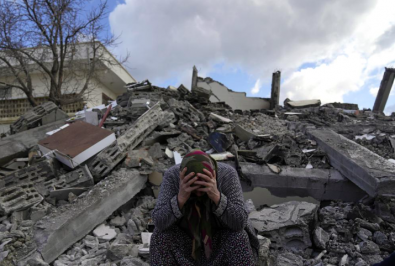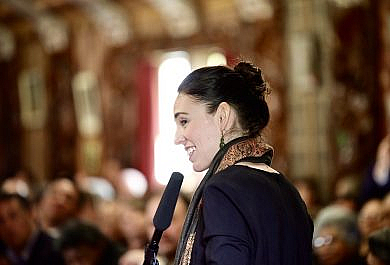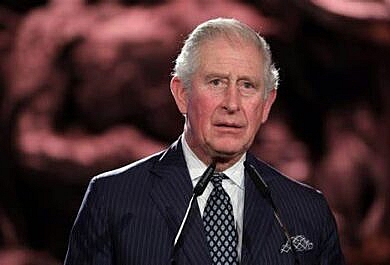Days after Monday’s devastating twin earthquakes in Turkey and Syria, time is running out for survivors trapped under rubble in the harsh cold of winter as the death toll steadily climbs past 16,000 people.
Summary
Days after Monday’s devastating twin earthquakes in Turkey and Syria, time is running out for survivors trapped under rubble in the harsh cold of winter as the death toll steadily climbs past 16,000 people.
- Thousands more have been injured in the disaster and millions more are in desperate need of aid. The World Health Organization is warning many survivors could die in the coming days due to a lack of shelter, water, fuel, or electricity that “may cause harm to more people than the initial quake.”
- Survivors can stay alive for up to a week or more depending on the extent of their injuries, where they are trapped and local weather conditions, according to AP News. Most rescues occur in the first 24-72 hours after the disaster, with rescues becoming much more rare by the fifth day after the emergency first began.
- The government of Recep Tayyip Erdogan, the authoritarian President of Turkey, defended its response to the crisis claiming the disaster’s magnitude was impossible to prepare for. Erdogan conceded his government’s response was problematic but tried to assure the Turkish public the crisis was “under control.”
- Erdogan’s party was expected to struggle in May’s elections after two decades in power before the quake struck. Since the disaster, Turkey’s main opposition parties have placed the blame for the death toll and slow response squarely on Erdogan’s shoulders. “If there is one person responsible for this, it is Erdogan,” said Turkish opposition leader Kemal Kilicdaroglu.
- The magnitude 7.8 earthquake originated near the southeastern Turkish city of Nurdagi and is likely to be one of the deadliest earthquakes in recent years. The East Anatolian Fault that spawned the quake produced little seismic activity during the 20th Century, but a 7.0 quake in 1822 killed an estimated 20,000 people.
- At least 1,117 aftershocks have rocked Turkey since the two powerful earthquakes occurred on Monday. The ongoing tremors have kept thousands of survivors away from their homes out of fear of more building collapses, exacerbating the humanitarian crisis.
- Search and rescue teams from across the globe descended on the disaster zone to provide assistance. Approximately 80 disaster assistance response personnel from the U.S. arrived on Tuesday, along with support teams from China, Britain, the World Health Organization and a host of Middle Eastern countries.
- In Syria, the earthquake has brought new devastation to cities like Aleppo that bore the brunt of the fighting during the Syrian Civil War. The war-torn areas of northern Syria were particularly ill-equipped to respond to the crisis, contributing to the high death toll.
- Millions of refugees fled the Syrian Civil War to find safety in southeastern Turkey, only for scores to be killed in the earthquake. As their bodies have been identified, Syrians are being returned home after spending years abroad to be buried with their families.
![]()
- CNN covered the miraculous rescue of two sisters in the Turkish city of Gaziantep. Fatma and Merve Demir were trapped in the rubble of a collapsed building and were successfully saved after spending 62 hours underneath the debris.
- Algerian rescuers pulled two small children from the ruins of an apartment building on Wednesday in Adiyaman, Turkey, according to Washington Post reporters on the scene. The Algerian first responders are just one part of the “patchwork” of international aid that’s descended on earthquake-stricken southeastern Turkey to help those most in need.
- The Guardian published before and after satellite images of Turkish cities closest to the epicenter to illustrate the immense scale of the devastation. Images from Nurdagi, a city close to the epicenter, show many collapsed buildings and a proliferation of white emergency tents quickly erected in the hours after the disaster.
![]()
- The New York Post covered the Turkish government’s decision to crack down on social media on Wednesday in the middle of its disaster response. Government authorities censored Twitter and detained at least 18 people for criticizing the Erdogan regime’s response to the crisis.
- The United Nations activated its emergency satellite mapping service to support the International Federation of Red Cross and Red Crescent Societies deliver aid relief to quake-stricken communities, according to Fox News. Since 2003, the service has provided “satellite image analysis during humanitarian emergencies related to disasters, complex emergencies and conflict situations.”
- The Wall Street Journal reported from the scene of the devastation: “In the southern Turkish port town of Iskenderun, a sobbing father pulled the bodies of his wife and two boys, ages 10 and 12, from a collapsed building early Wednesday. The mother was found with a handbag over her shoulder, after seemingly trying to escape as the family was crushed.”
© Dominic Moore, 2023






